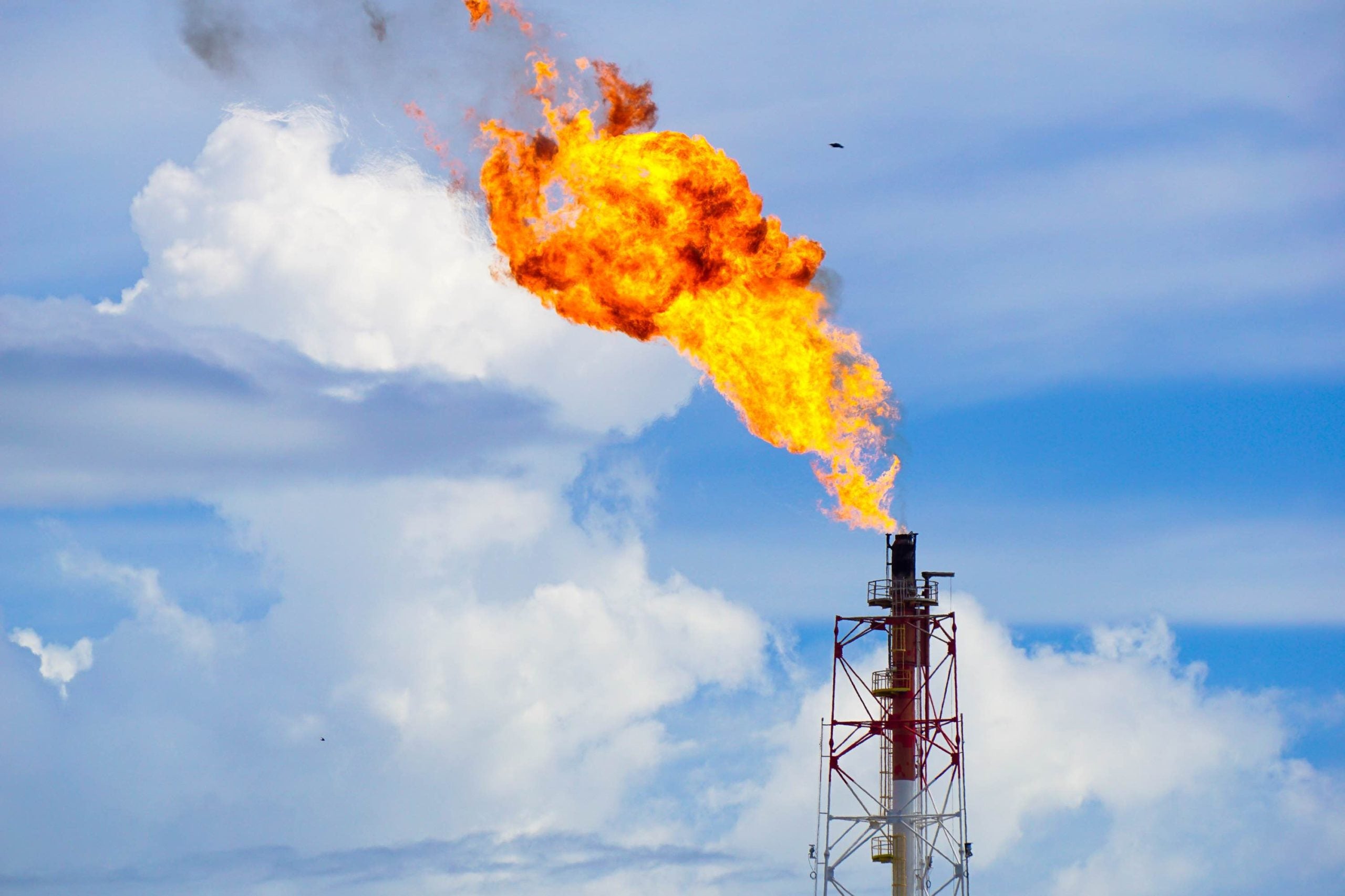
Methane emissions from the global energy industry remain alarmingly high, despite record energy prices, security of supply concerns, economic uncertainty and the potential for existing technologies to reduce them cost-effectively, according to the International Energy Agency’s (IEA) latest Global Methane Tracker.
The IEA reports that the energy sector released 135 million tonnes of methane into the atmosphere in 2022, just below record levels in 2019.

Discover B2B Marketing That Performs
Combine business intelligence and editorial excellence to reach engaged professionals across 36 leading media platforms.
Existing technologies could reduce methane emissions from oil and gas by 75%, the agency reiterates. This would amount to more than the EU’s total annual gas imports from Russia prior to the invasion of Ukraine. It would require an investment of $100bn (€93.96bn), or less than 3% of the income accrued by oil and gas companies worldwide last year.
“Emissions are still far too high and not falling fast enough – especially as methane cuts are among the cheapest options to limit near-term global warming,” said IEA executive director Fatih Birol in a press statement. “The Nord Stream pipeline explosion last year released a huge amount of methane into the atmosphere. But normal oil and gas operations around the world release the same amount of methane as the Nord Stream explosion every single day.”
Stopping non-emergency flaring and venting of methane is the most impactful measure countries can take to reduce emissions, the IEA says.
Satellites are providing ever more accurate data on methane emissions. In 2022, more than 500 “super-emitting events” from oil and gas operations and another 100 at coal mines were detected by satellites. The IEA has developed a new regulatory road map and tool kit for policymakers and companies seeking to reduce coal mine methane emissions.

US Tariffs are shifting - will you react or anticipate?
Don’t let policy changes catch you off guard. Stay proactive with real-time data and expert analysis.
By GlobalDataThe agency calls on fossil fuel producers and policymakers to step up action on methane. The EU’s target to reduce greenhouse gas emissions by at least 55% by 2030 is being "significantly undermined" by it being one of the world's biggest drivers of methane emissions, according to a report by campaign group the Environmental Investigation Agency (EIA), also released on 21 February. The EIA estimates that methane emissions linked to fossil fuel imports from major exporters to the EU amounted to just over eight million tonnes in 2020, equal to 202 million tonnes of CO2-equivalent or the annual emissions of 54 coal-fired power plants.
The EU imports 70% of the coal, 90% of the gas and 97% of the oil it uses, the EIA points out. It also consumes more than half of all globally traded gas. A new EU methane regulation that is currently being negotiated must do more to tackle methane emissions from energy imports, the EIA says.
“Methane is emitted across the entire supply chain, particularly upstream before it arrives in the EU,” explained EIA climate campaigner Kim O’Dowd in a press statement. “This comes from unintentional leaks and from the common practices of venting and flaring fossil gas. The EU needs to face up to the fact that these emissions are a direct result of its energy consumption.”
The EIA recommends requiring importers to comply with obligations on leak detection and repair, venting and flaring, and technology standards, all supported by a robust monitoring, reporting and verification framework. In March, the European Parliament is expected to vote on draft amendments to the new EU methane regulation, including measures to address fossil fuel imports.
Globally, the energy sector is responsible for around 40% of total methane emissions attributable to human activity, second only to agriculture. The Global Methane Pledge, launched in November 2021 at COP26, now has around 150 participants that have collectively committed to reducing methane emissions from human activities by 30% by 2030. Methane is responsible for around 30% of the rise in global temperatures since the Industrial Revolution.





